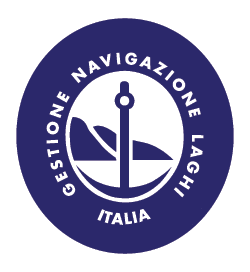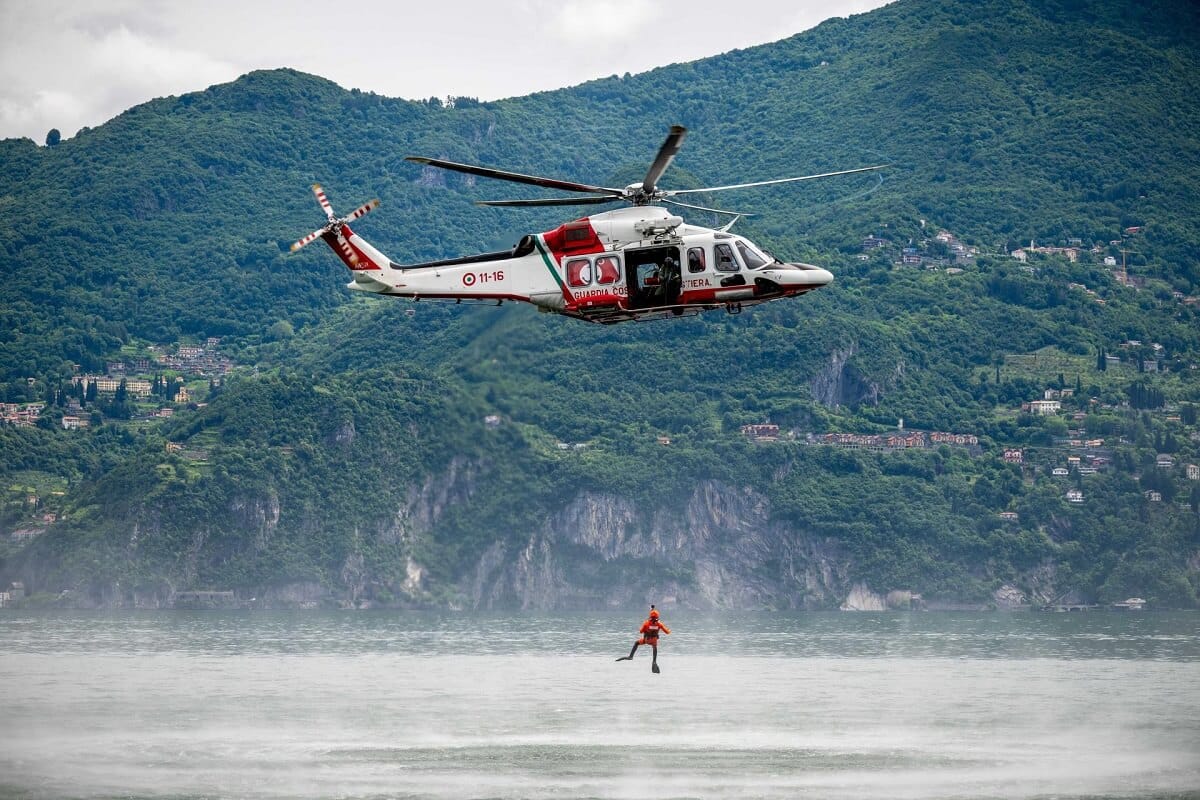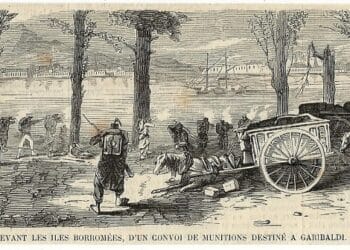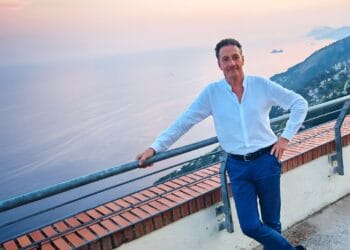Piazzale Morandi 2, Milan. This is the new lake safety hub for northern Italy, the Coastguard’s Lakes Operational Unit command room. It is a full-blown 24/7 command centre with at least four staff members on duty every day for each shift, ensuring twenty-four hour coverage, a strategic hub built at the behest of the Department of Infrastructure and Transport and the High Command, which ensures ongoing rescue, safety and leisure craft traffic control on northern Italy’s three largest lakes: Lake Maggiore, Lake Como and Lake Garda.
Over 100 units are operative full time in Milan and the three lakes, 40-50 of which are a fixed presence in the Lombard capital.
The goal is to ‘ensure effective co-ordination between the three existing lake-side hubs, centralising operations into a structure capable of responding rapidly to any sort of critical situation’, underlines the operational head of the Milan lake coastguard’s Lakes Operational Unit, Commander Antonello Ragadale.
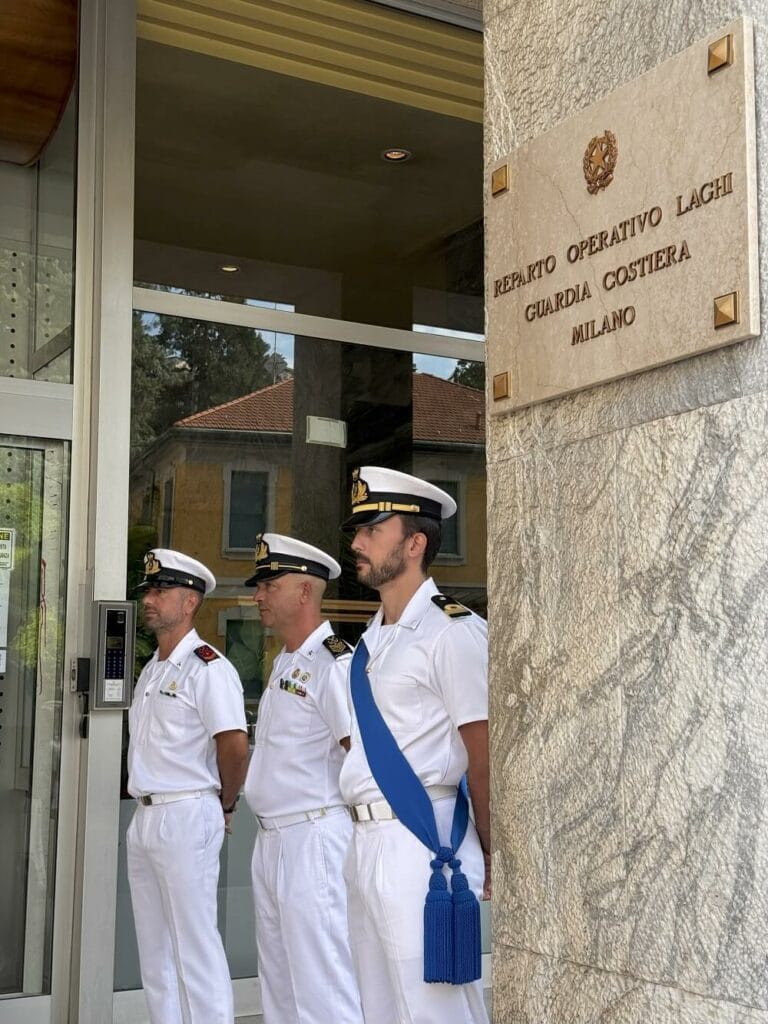
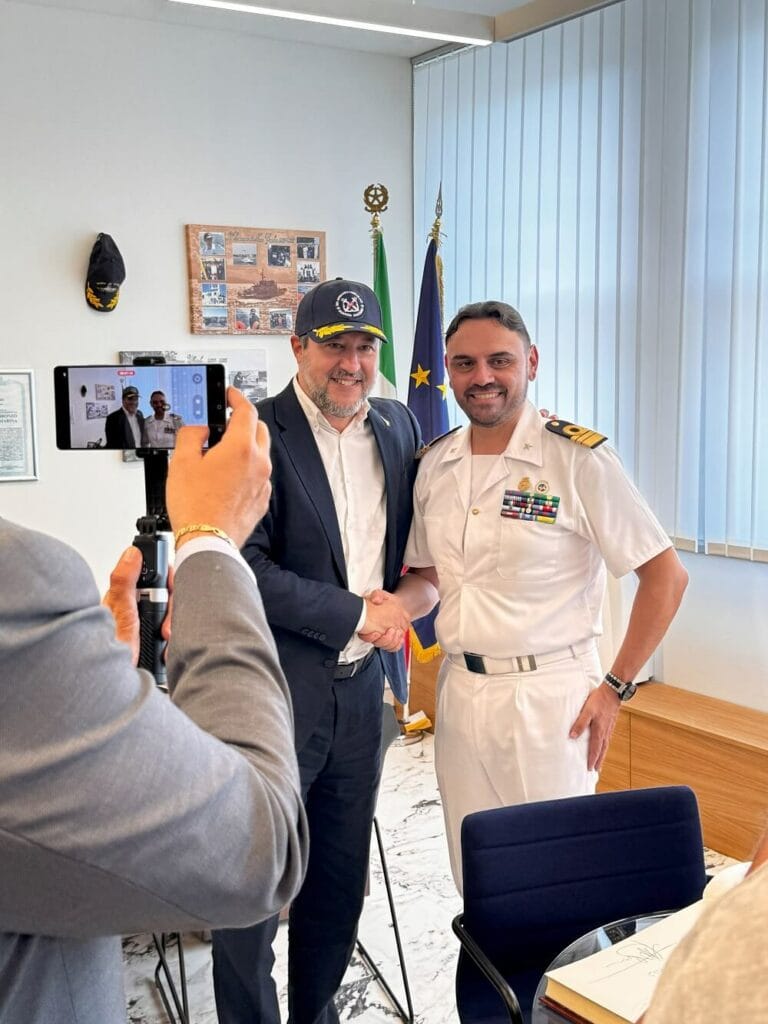
‘The strongpoint of this new hub’ (which operates under the Maritime Navigation of Genoa, commanded by Rear Admiral Antonio Ranieri), he explains, ‘is its ability to deploy the nearest resource to the point requiring action right away. This is the result of a memorandum of understanding between the eight prefectures present in the lake areas.’ On the strength of this memorandum the Coastguard can co-ordinate vehicles and resources from other bodies, such as the Fire Brigade, the various police forces, the 118 emergency hotline, the civil guard and volunteer bodies.
In the past, operations were managed autonomously by the individual bodies on site at the three lakes. Whilst this was an effective service this fragmentation made co-ordination by the Liguria and Veneto maritime command, which was responsible for the lakes, more difficult. ‘The new Lakes Operational Unit means that the command will be centralised into a single hub’, the Commander points out proudly. ‘Because the synergy between maritime units has been strengthened.’ This will work in favour of greater operational uniformity, more rapid response times and centralised information flows, making complex, multi-centre situations easier to manage.
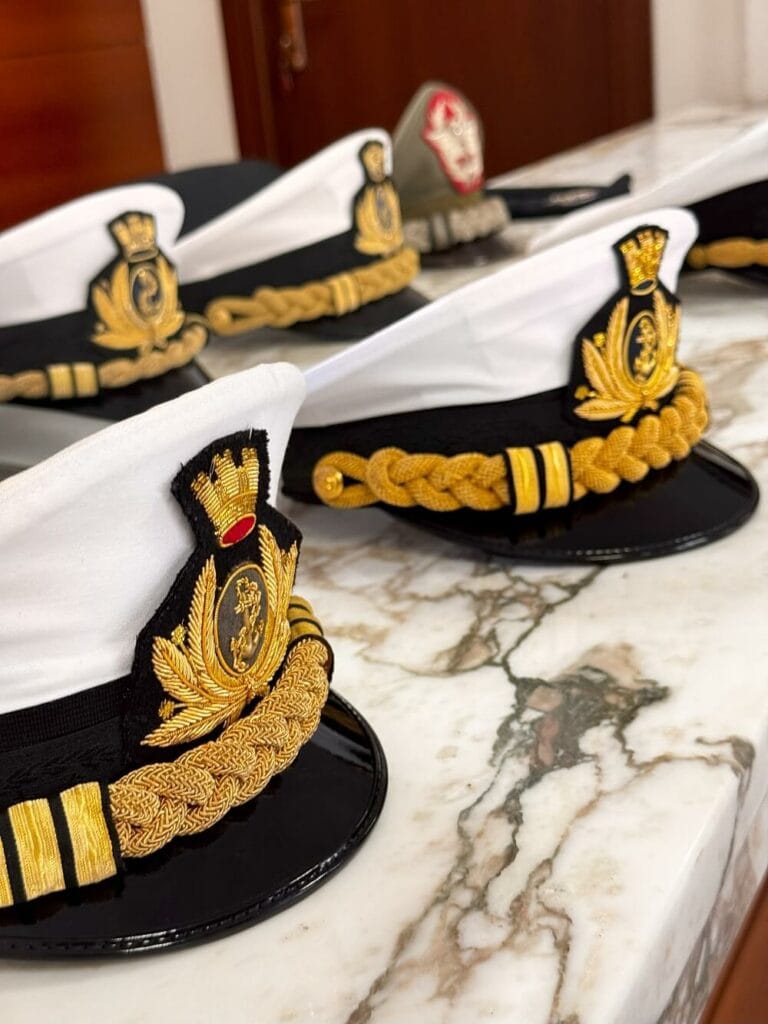
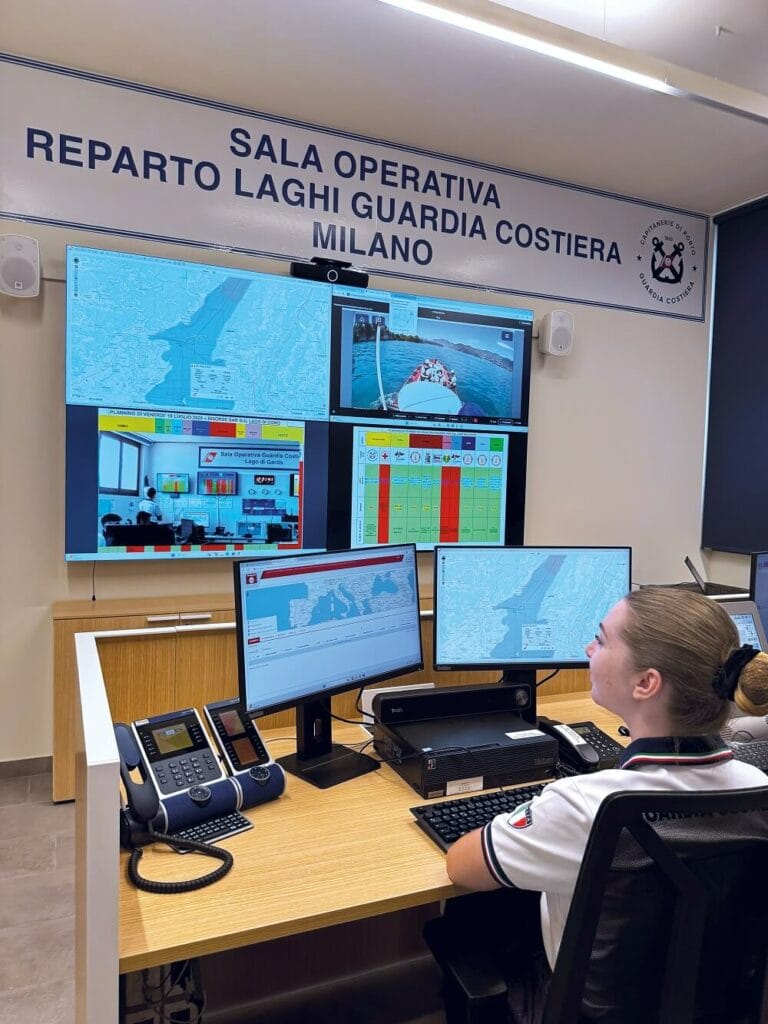
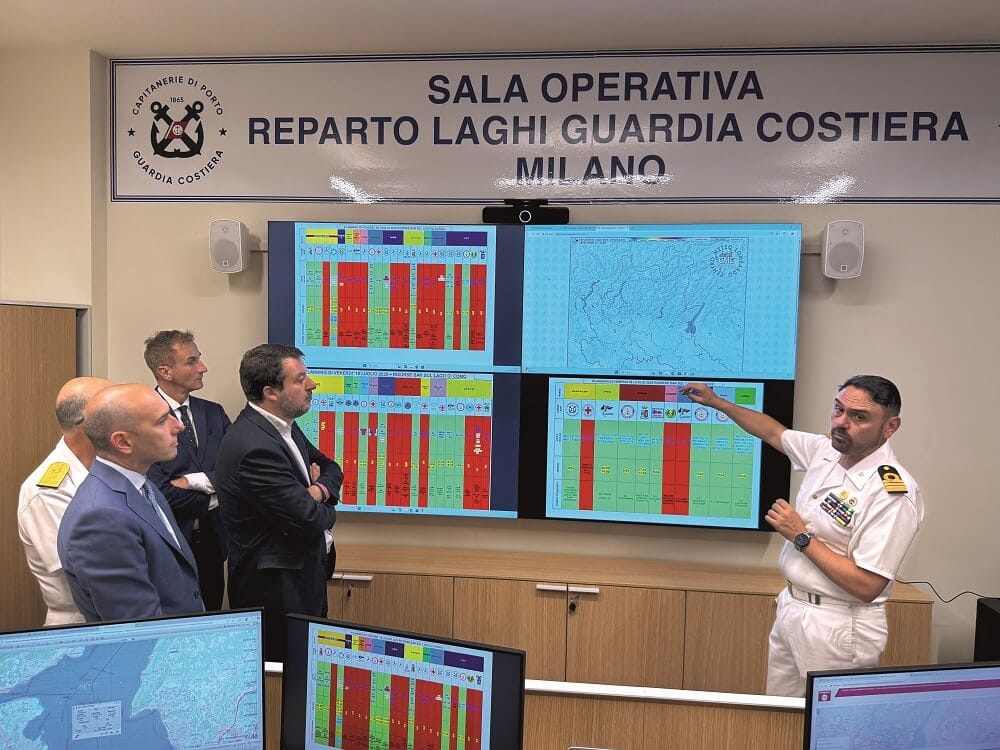
The new system involves a first response level managed by local operation rooms (Garda, Como, Maggiore), with the Milan command centre ready to take over in the event of more serious or complex emergencies. Emergency calls to 112 and 1530 are directly screened and managed by the Lombard hub, which makes real time availability assessments and decides on the most suitable service.
The most frequent intervention type relates to sport and tourists in difficulty, perhaps as a result of the rapid worsening of weather conditions characteristic of lakes. ‘We often rescue surfers, leisure boaters and swimmers taken by surprise by sudden winds or storms’, says Ragadale. ‘In many cases it is a matter of tourists who are not local and are not aware how quickly the weather can change and so don’t take weather alerts seriously enough.’
In the most serious cases – such as missing person searches – the Milan operations hub takes charge of the intervention, activating the nearest army helicopters in addition to those of the coastguard. Operations are simpler and responses more rapid from the air. And the reason for that is simple, as Ragadale illustrates: ‘from above it is easier to cover large areas of water and identify those in difficulty. It is at times like these that our co-ordination capabilities really make the difference.’
Technology and streamlining are the cornerstones of the Coastguard’s new Lake Operations Unit. It is a modern, cutting-edge system which will be a model of inter-force co-operation for the whole country. And there’s much more to than that. ‘The beating heart of the hub is human motivation, the commitment of those taking part in it’, underlines the Commander. ‘I feel privileged, because as first responders and rescue co-ordinators my work gives me the chance to give practical help to those in need of it. It lights up our souls and makes us proud of what we do every day.’
